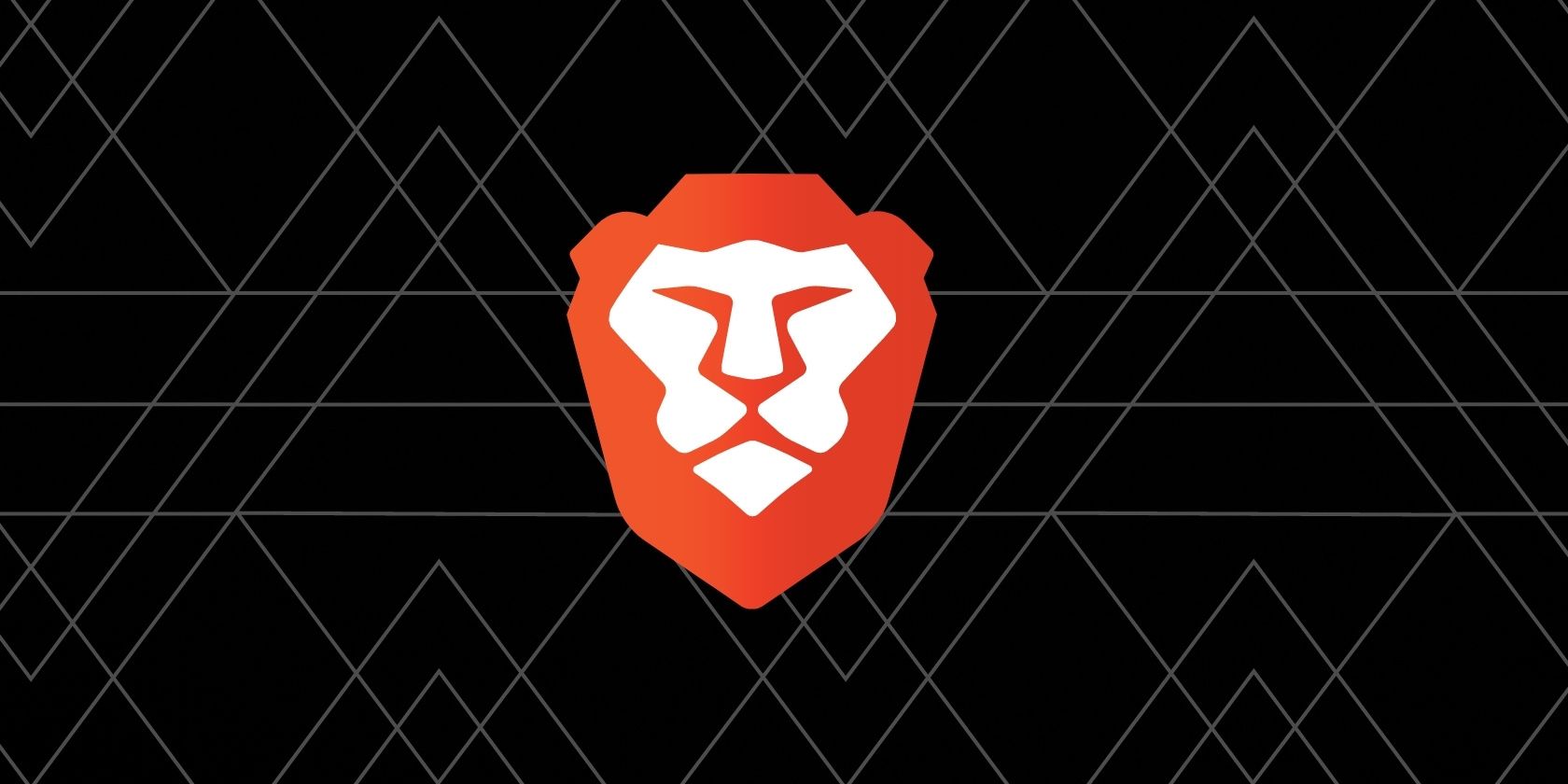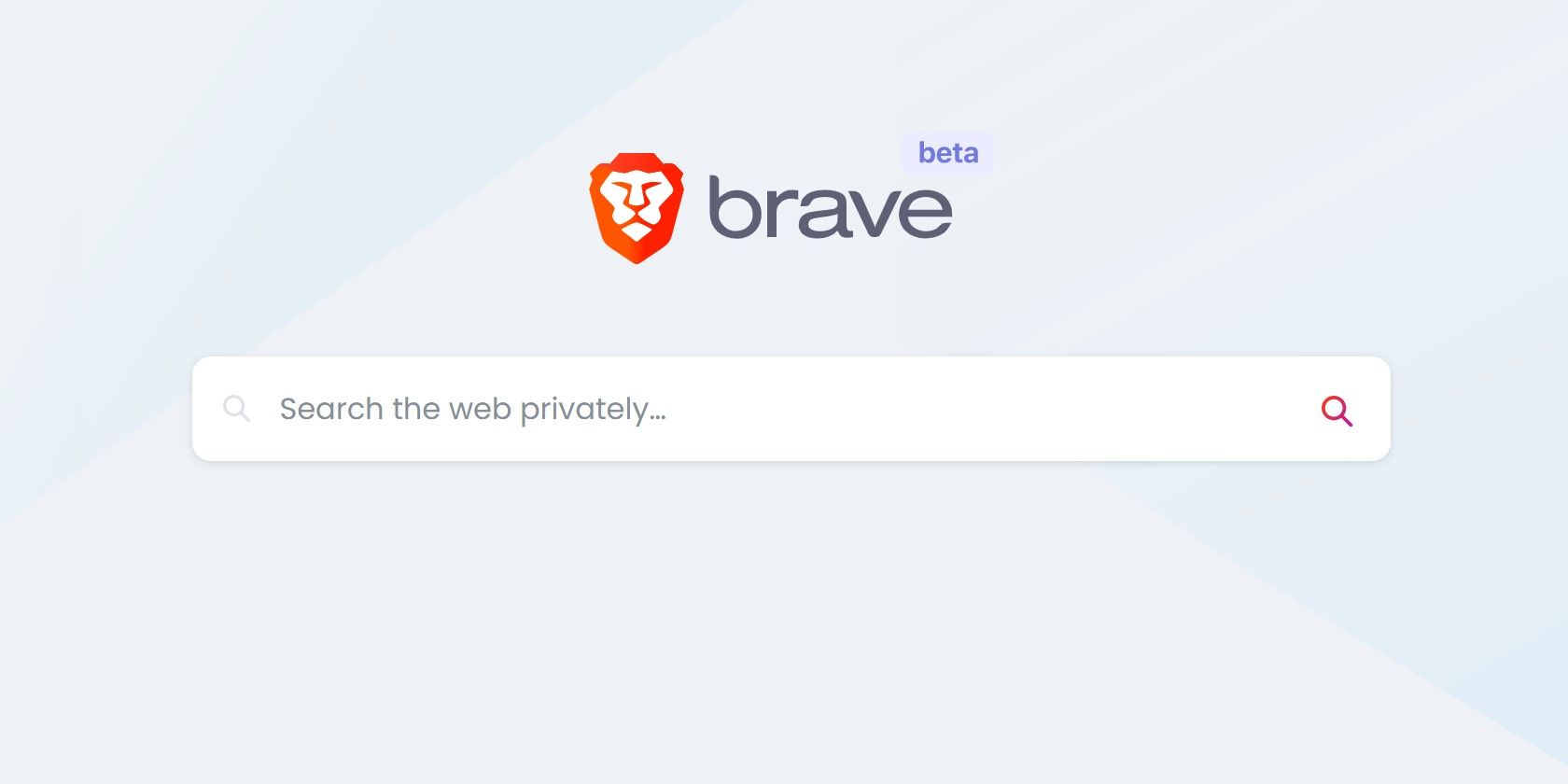Privacy can seem like a myth in the fast-growing tech world today. Brave's web browser is known for making that myth a reality. The company has now gone a step further in ensuring user privacy by creating an in-house search engine–Brave Search, the default search engine on its browser.
Brave is known for blocking trackers and third-party ads by default, and Brave Search is built with the same user-privacy-centric approach. Read on as we dissect what this means for Brave users.
What Is Brave Search?
Brave Search is a powerful search engine that puts your privacy first. It does not track your search queries and provides absolute transparency. Brave cannot sell your search data because it does not collect it. Brave Search is also built on its independent index, and this means it does not rely on results from Google or Bing to function.
Brave Search was launched as a public beta; now, it gets about 80 million search queries every month. Brave Search provides users an alternative to the Big Tech companies that make money off user data.
What Does Brave's Search Engine Mean for Users?
Brave Search will now replace Google for Canada, the United States, and the United Kingdom. DuckDuckGo and Qwant will also be replaced with Brave Search in Germany and France, respectively; other geographical territories will soon follow suit as well.
However, existing users can continue using their chosen search engine or set Brave Search as their default search engine. Brave Search does not display ads at this moment, but things may change soon. The free version of Brave Search is expected to have ads soon, with an ad-free Premium version expected too.
Privacy Prioritized With Brave Search
User privacy is paramount, and Brave Search makes it a reality. While Brave Search can’t compete with Google and Bing yet, things may change down the road as the global demand for user privacy increases.


